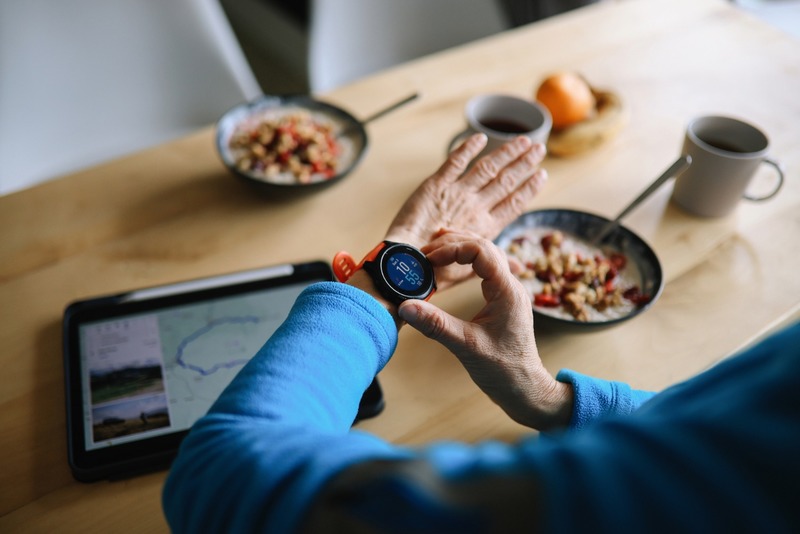News
COVID-19 testing in Eagle County reserved for ‘most critical cases’

This article was first printed in the Vail Daily on March 14.
With community-level transmission of COVID-19 now confirmed in Eagle County, testing is not necessary for all patients and is being reserved for the most critical cases, according to Vail Health.
Only individuals classified as high-risk (over 60 or with underlying medical conditions) that are exhibiting symptoms of COVID-19 (including fever, cough or shortness of breath) should be tested.
Officials want to make the public aware that the Vail Hospital Emergency Department is available for life-threatening emergencies only.
National Guard joins CDPHE to open new test sites around Colorado
Colorado Governor Jared Polis visited a COVID-19 testing center at Denver Coliseum on Saturday to speak with state health workers, Colorado State Patrol and a National Guard medical team before the testing site opened.
“Beginning today, this site is supported by the Colorado National Guard to enable our Colorado Department of Public Health and Environment to stand up additional mobile testing in other areas of the state,” Polis wrote on the caption of his Facebook live stream.“And remember, a doctor’s note is needed for testing! Congress just passed an emergency bill to scale up testing but for now we are doing the most we can with what we have,” Polis wrote.
Slowing coronavirus spread
People who already have a chronic illness or are at risk of getting one should avoid unnecessary public contact. This includes people with cancer, people over the age of 60, and people with cardiovascular disease, diabetes, chronic respiratory disease, abnormally high blood pressure, cancer or anyone who is otherwise immunocompromised.
The focus is to slow the spread of the virus, protect the medical infrastructure, and protect the most vulnerable people in the community. Take personal responsibility to help stop the spread.
If you are sick and suspect it is COVID-19, please:
- Stay home;
- Call a primary care physician first;
- Do not show up at testing facilities without a confirmed appointment;
- Separate yourself from other people in your home (minimum of 3 feet/1 meter);
- Avoid sharing personal household items and clean all “high touch” surfaces daily;
- Wear a facemask if encountering others;
- Cover your coughs and sneezes;
- Wash your hands frequently, and for at least 20 seconds;
- Monitor your symptoms for worsening illness.
Call the Colorado Health Emergency Line (CO Help) at 1-877-462-2911 for more information.
More News
-
New!
More

First Chair to Last Call: What Does Alcohol Really Mean For Your Health?
In nearly every Colorado ski town, some iteration of the neon sign blares its play-hard-party-harder anthem. It’s a not-so-subtle nod to mountain party culture, a lifestyle that normalizes combining sports and outdoor adventures with heavy drinking and partying. In Eagle County, après culture, high-altitude living and outdoor performance have coexisted for as long as locals have been sliding on snow. But how much is too much at altitude? And what role do social support systems play in helping residents find balance?
-
New!
More

Counting More Than Steps: How Wearables Can Help (or Hinder) Your Health
From step counts to sleep stages, heart rate variability to blood sugar spikes, wearable devices are giving us a front-row seat to what’s happening inside our bodies. Strapped to wrists, slipped onto fingers or wrapped around our biceps, wearables like the Oura Ring or Whoop strap promise insight and advice in the quest for better health.
-
More

Cass Barham and Sarah Crabtree Honored As Recipients of Vail Health Elevate Award
Cass Barham and Sarah Crabtree, both lab techs at Vail Health Hospital, have been named recipients of the Vail Health Elevate Award. Vail Health created the Elevate Award in June 2022 to give patients and their families an opportunity to nominate and thank employees who have touched their lives in some way.
